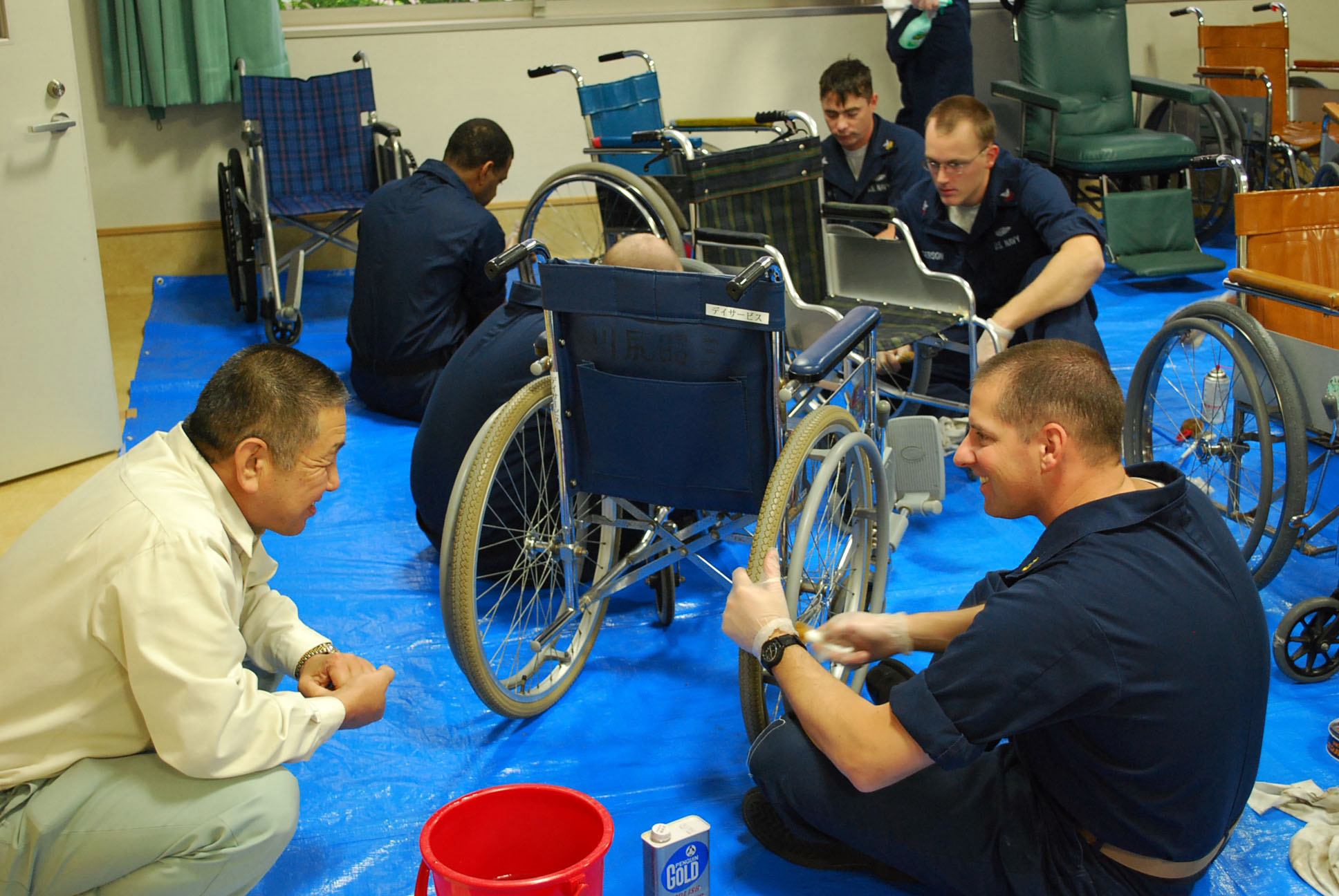There are some crimes which, whilst they may not be considered overly severe in the eyes of the law, leave us wincing at the fact that anybody could do such a thing. One such crime which falls squarely into this category, is that of nursing home neglect.

Whilst rare, this form of neglect can have a profoundly negative impact on the patient and their families, and if you have loved ones in a nursing home, it is important that you know what you are looking for. A friend of mine was forced to use nursing home abuse lawyers last year to challenge the nursing home where her mother was, after evidence of neglect were found. In order for you to take action straight away, these are the types of neglect which you should keep an eye open for.
Emotional Neglect
Unlike hospitals, nursing homes have a duty to not only care for the medical needs of a patient, but also their emotional and social needs. In the past we have seen cases where this kind of support is nowhere to be found, leaving patients feeling lost, stressed and frustrated. This is all the more important in the case of mental health patients, or rely on stimulus to maintain the best lifestyle which they can.
Medical Neglect
Somewhat astonishingly, there have also been cases of medical neglect in the past, which involves the patient not being given the medical care which they require. More often than not this comes down to the nursing home’s fear of being accused of bringing about ailments like bedsores, infections or lacerations, and so they don’t report these issues. At the more extreme end of the spectrum, there have also been instances where diabetes patients were not given their medication or those with mobility issues have been left in bed for extended periods of time. Medical neglect is a terrible situation with absolutely no defence that the nursing home can try and make.
Basic Needs
The most difficult type of neglect to accept is that which involves the basic human needs of the patients. Whist this is surprising to see, there have been cases in the past of patients not being washed regularly, patients not being given food and water and even patients that have been staying in a facility with horrendous levels of hygiene and cleanliness.
What to do?
These are the types of neglect to watch out for and you should always have an eye out for the signs that they are taking place. If you suspect that your loved one’s life is in danger as a result of the neglect, make sure that you call the emergency services immediately. If you suspect that negligence is taking place which doesn’t threaten the life of your loved one, you must remain calm and try to amass as much information and evidence as you possibly can. At your earliest convenience make sure that you contact legal professionals for their advice, or even to bring a case against the nursing home.
Thankfully the amount of neglect cases are small each year, but it does still happen, so be aware.